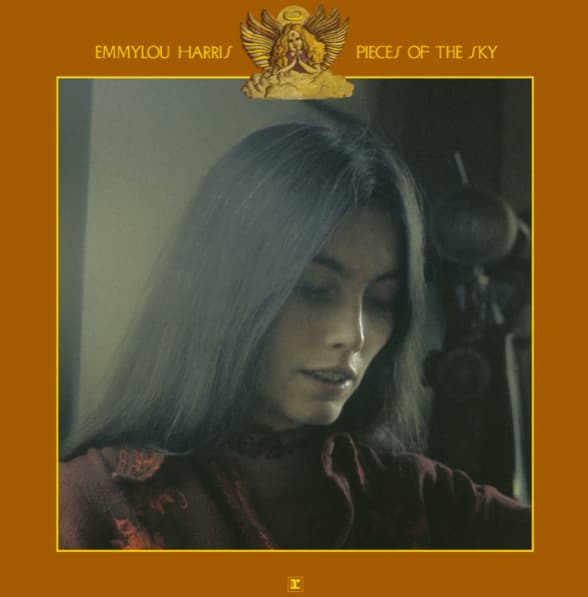
A young woman’s restless heart finds its courage in a glass of sweetness and the promise of a new beginning.
The opening track of Emmylou Harris’s 1975 breakthrough album Pieces of the Sky, “Bluebird Wine” served as the sparkling, spirited doorway through which many listeners first encountered the luminous blend of country, folk, and poetic introspection that would come to define her career. Written by the then-unknown Texas songwriter Rodney Crowell, the song did not pursue the charts with commercial ambition, nor did it leave a formal statistical imprint on radio rankings. Instead, its legacy rests in something far more enduring: it announced the arrival of a singular voice, a new artistic identity taking shape at the precise moment country music itself was searching for new colors, new contours, and a renewed emotional vocabulary.
“Bluebird Wine” becomes more than an album opener; it is a declaration of transformation. Harris, still emerging from the sorrow of personal loss and the creative shadow of her mentorship with Gram Parsons, steps into the song with a buoyancy that is both fragile and fearless. Her voice—clear, bell-bright, and edged with a kind of youthful steel—carries Crowell’s lyrics with a fullness that suggests a rebirth unfolding in real time. The narrative is simple on its surface: a young woman lifts herself out of loneliness and stagnation with the help of a lover’s presence and the metaphorical—and literal—lift of “bluebird wine.” Yet within that simplicity lies the deeper emotional architecture that Harris instinctively uncovers: the interplay between longing and liberation, between the quiet ache of the past and the exhilarating promise of a new path forward.
The song’s true power lies in its tension. For all its lively tempo and celebratory tone, “Bluebird Wine” hums with a subtle melancholy, a recognition that joy—especially new joy—arrives tentatively, like a fledgling testing its wings. Harris sings not as someone who has already found her destination, but as someone just beginning to trust the road beneath her feet. This duality reflects the state of her own artistic life in 1975, as she stepped beyond the role of protégée and into her own creative autonomy. The track’s arrangement—lithe guitars, warm harmonies, and a rhythmic looseness that evokes the intimate energy of a front-porch jam—underscores that sense of discovery and motion.
In the broader arc of her discography, “Bluebird Wine” stands as one of Harris’s most symbolic performances: a moment when vulnerability became momentum, when heartbreak made room for hope, and when a young artist’s voice first unfurled its wings with unmistakable conviction.